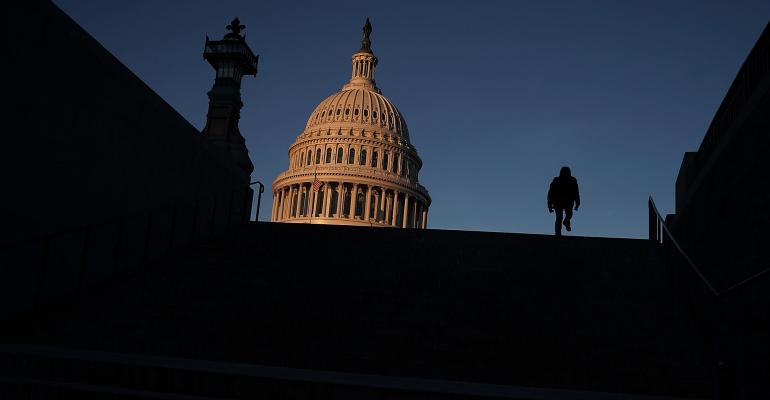A new report released by the Institute on Taxation and Economic Policy suggests that two proposals for raising the state and local tax (SALT) deduction cap would primarily benefit high-income earners. The analysis comes as no surprise because the SALT deduction has historically disproportionately favored wealthier taxpayers mostly concentrated in six states: California, New York, New Jersey, Illinois, Texas and Pennsylvania.
In 2017, the SALT deduction was capped at $10,000 per year by the Tax Cuts and Jobs Act but is set to expire after 2025 if not made permanent.
According to the ITEP report, weakening the SALT cap deduction under the proposals would only benefit the top one-fifth of taxpayers by income and make the House GOP tax package more expensive.
The three bills that passed the House Ways and Means Committee earlier this year, the Tax Cuts for Working Families Act, the Small Business Jobs Act, and the Build It in America Act, are now stalled as some House Republicans, working with a group of Democrats, are demanding that the package include provisions weakening the SALT cap. One proposal would increase the SALT cap to $20,000 for married joint filers while the other would increase the cap to $100,000 for all taxpayers. Per the ITEP report, increasing the cap to $20,000 would cost an additional $13.9 billion in 2024, while raising it to $100,000 would cost $67.8 billion.
In addition to the potential increased cost of the tax cuts in the package, while House Republicans are attempting to promote their tax package as beneficial to the working class, the reality is that low- and middle-income taxpayers would see little to no effect even if a $100,000 SALT cap is passed for all taxpayers. Even if the three bills in the House tax package are passed without modifying the SALT cap, ITEP found that the richest 20% of earners in the United States would receive $60.8 billion in tax cuts from the bills in 2024, while the bottom 20% would receive only $1.4 billion in cuts.
A potential full House vote on the package may come as Congress returns from summer recess this month.





